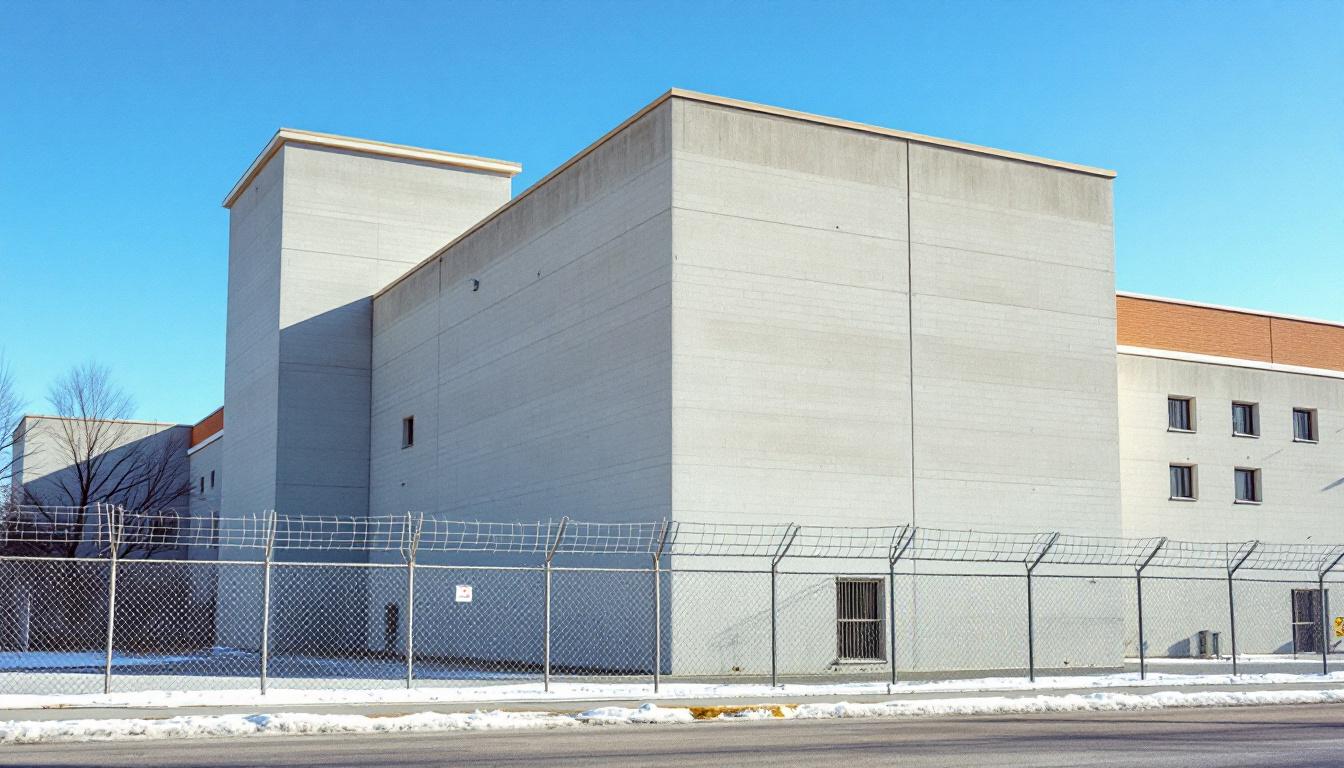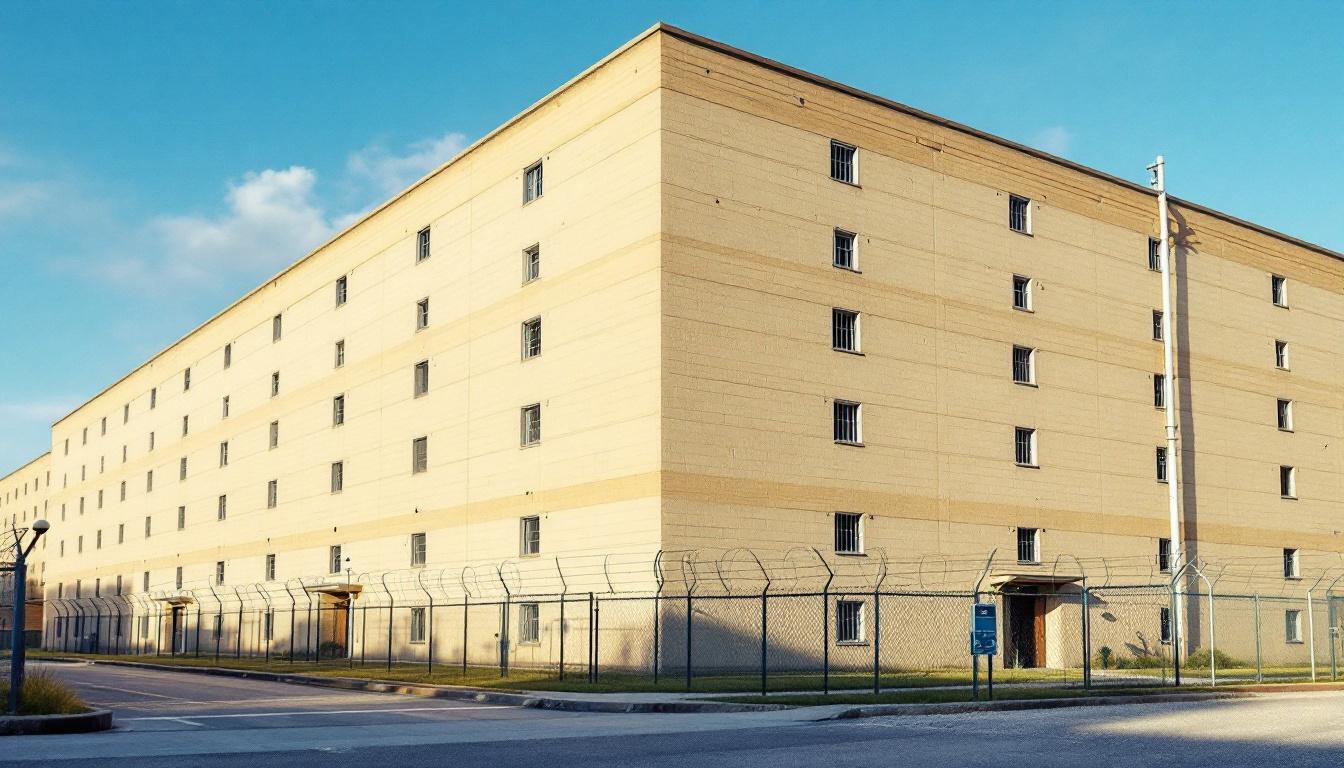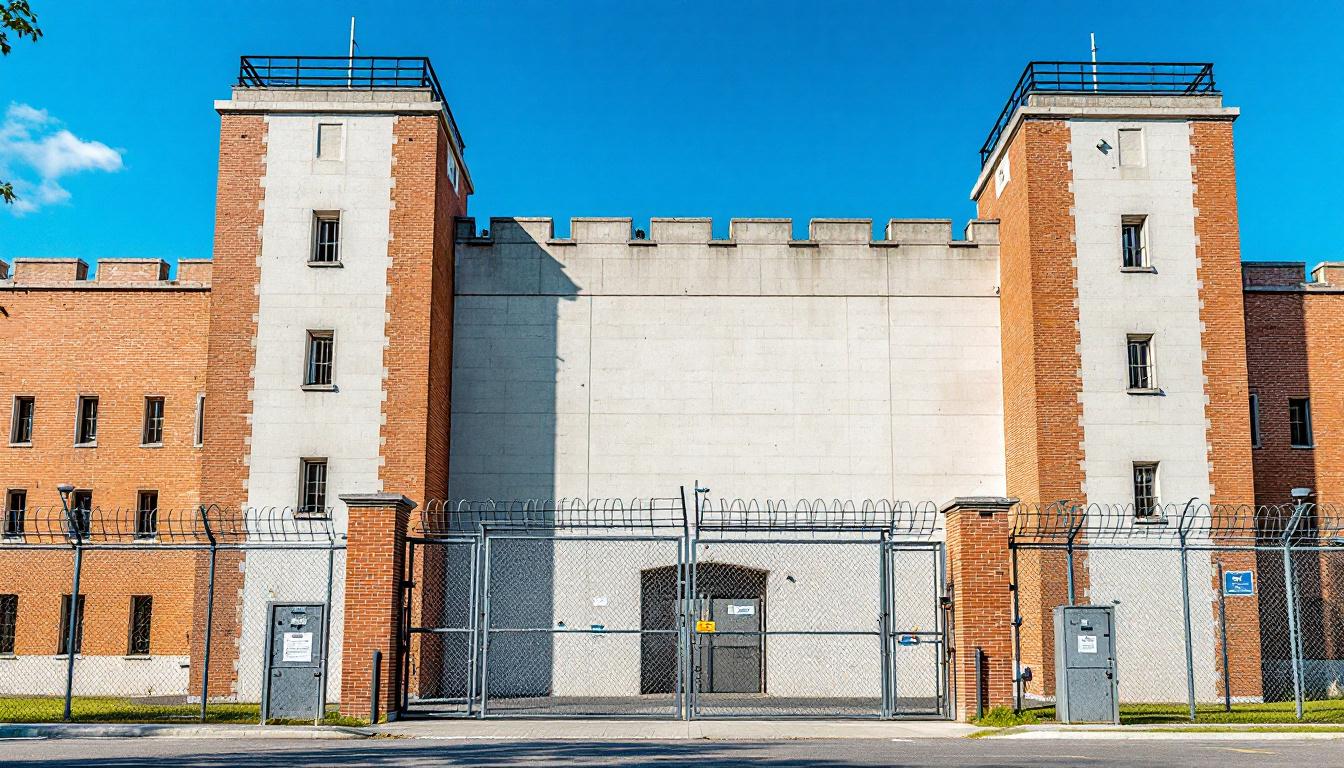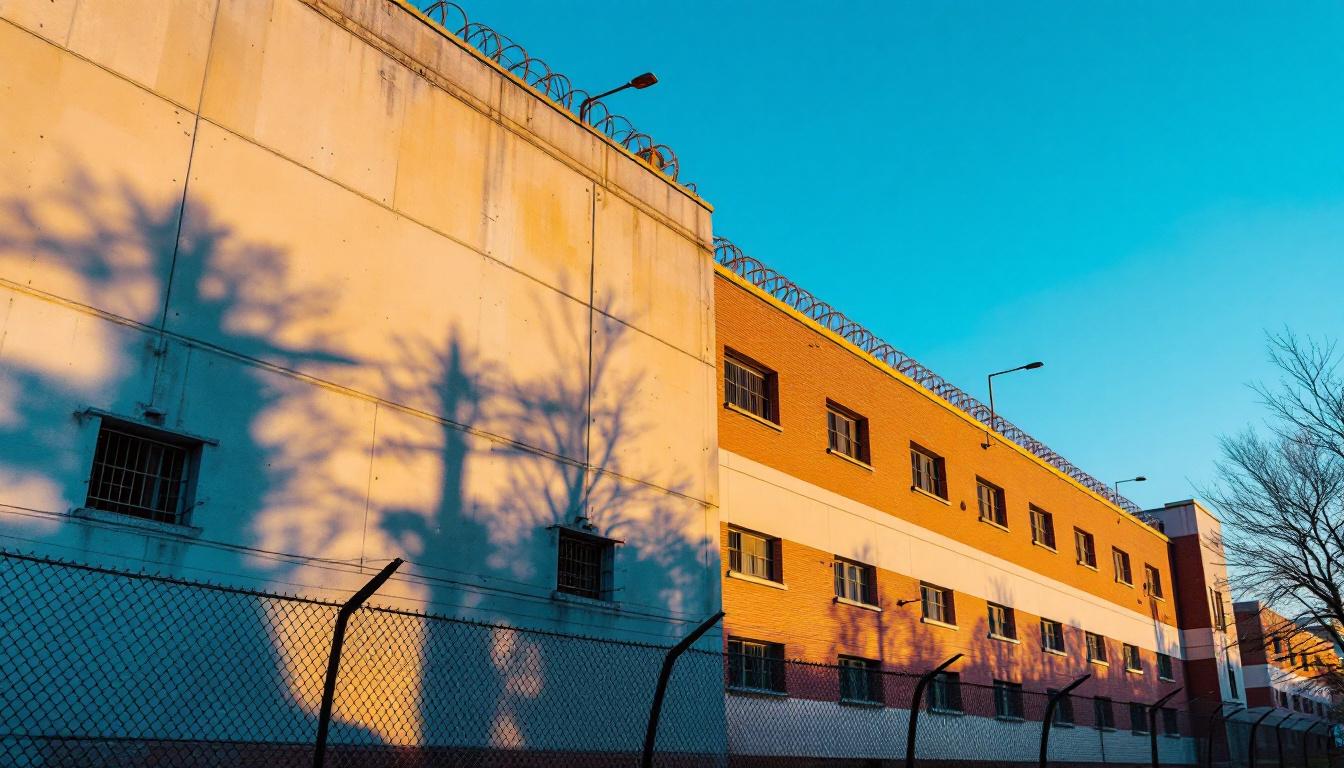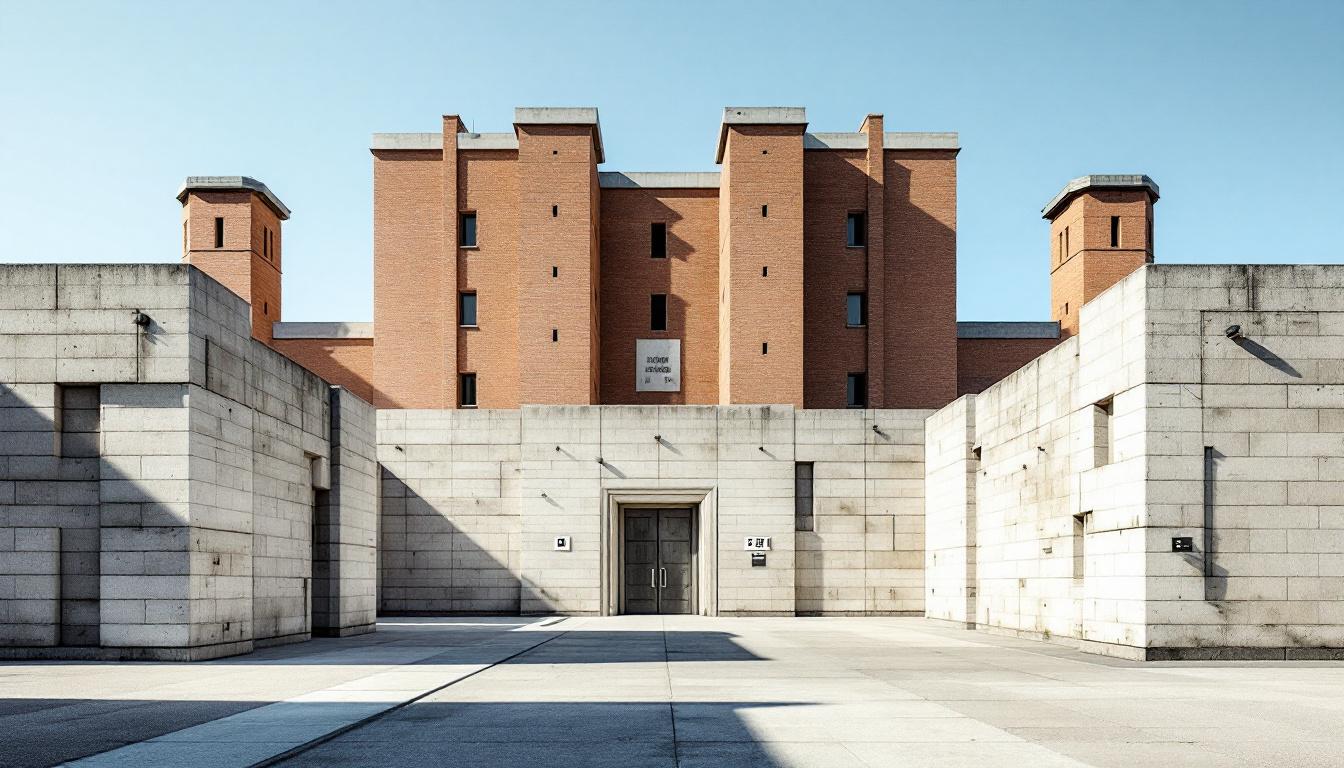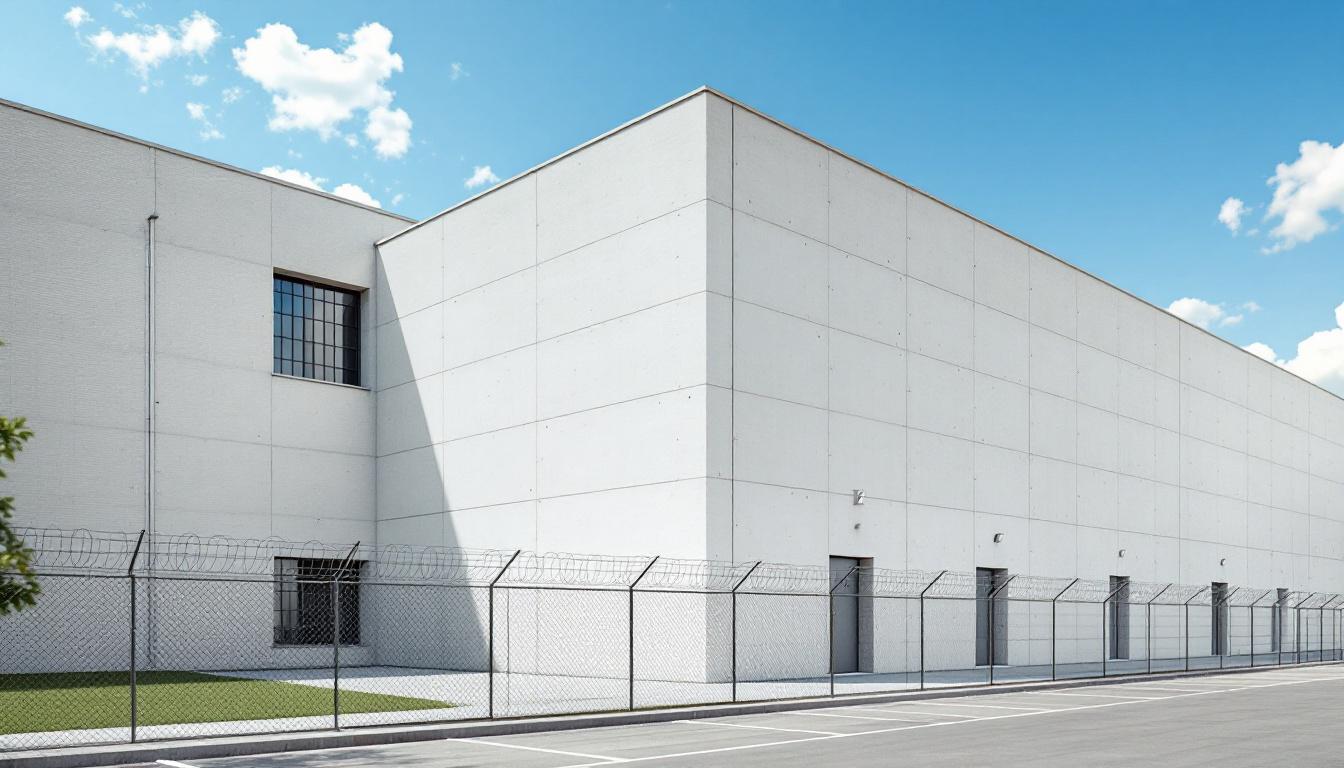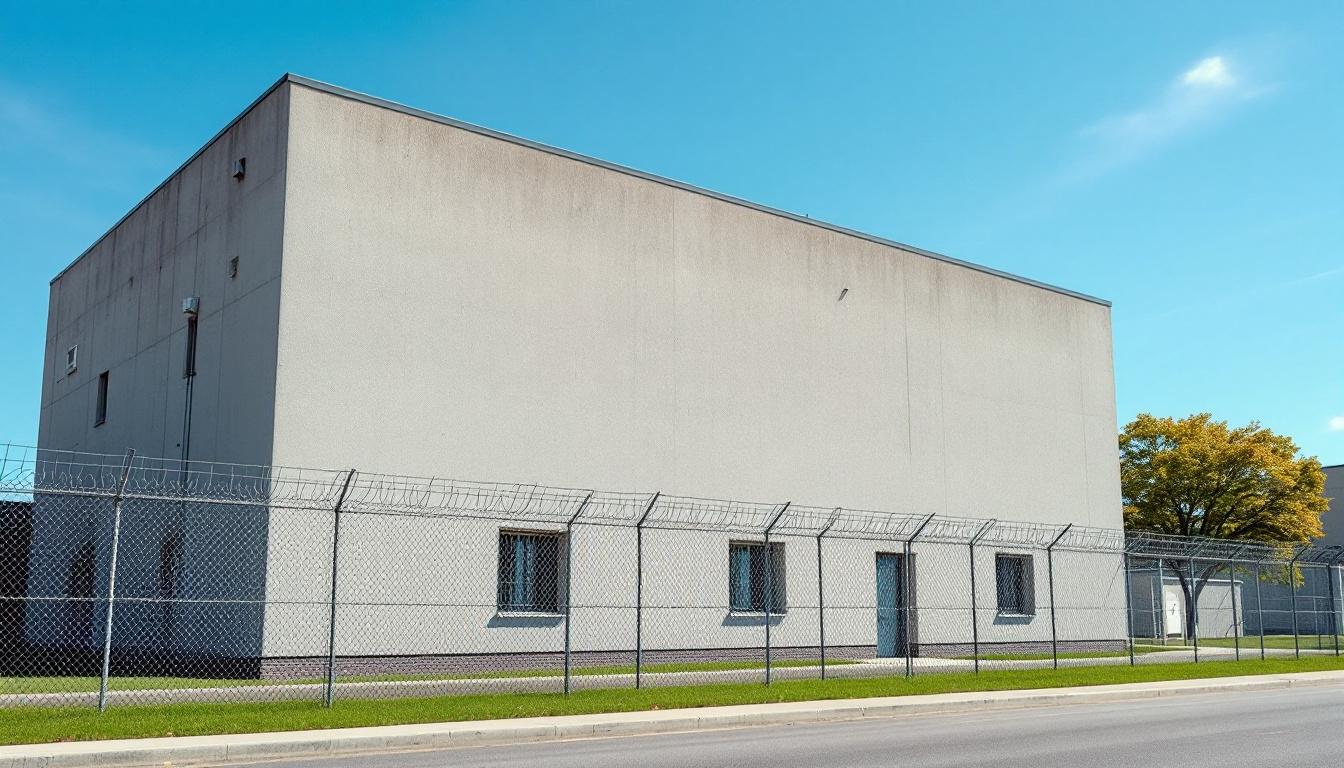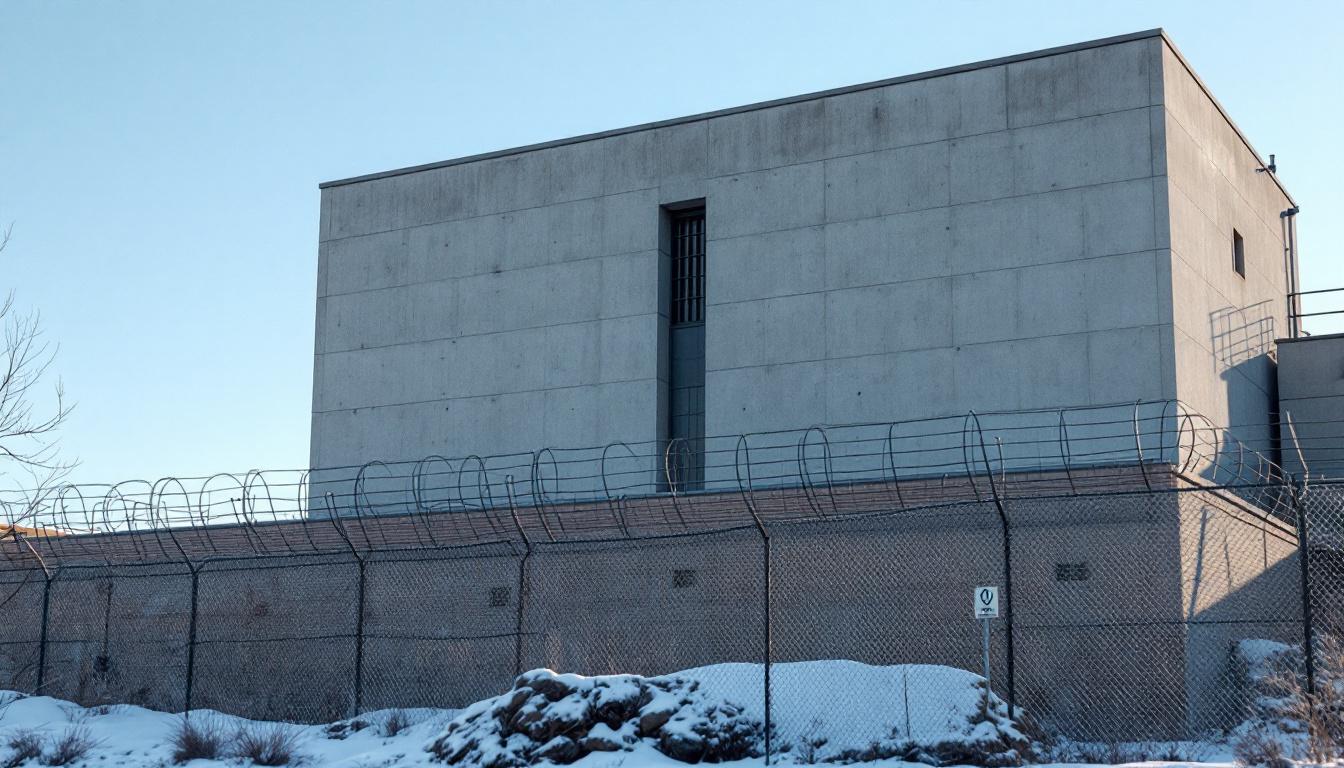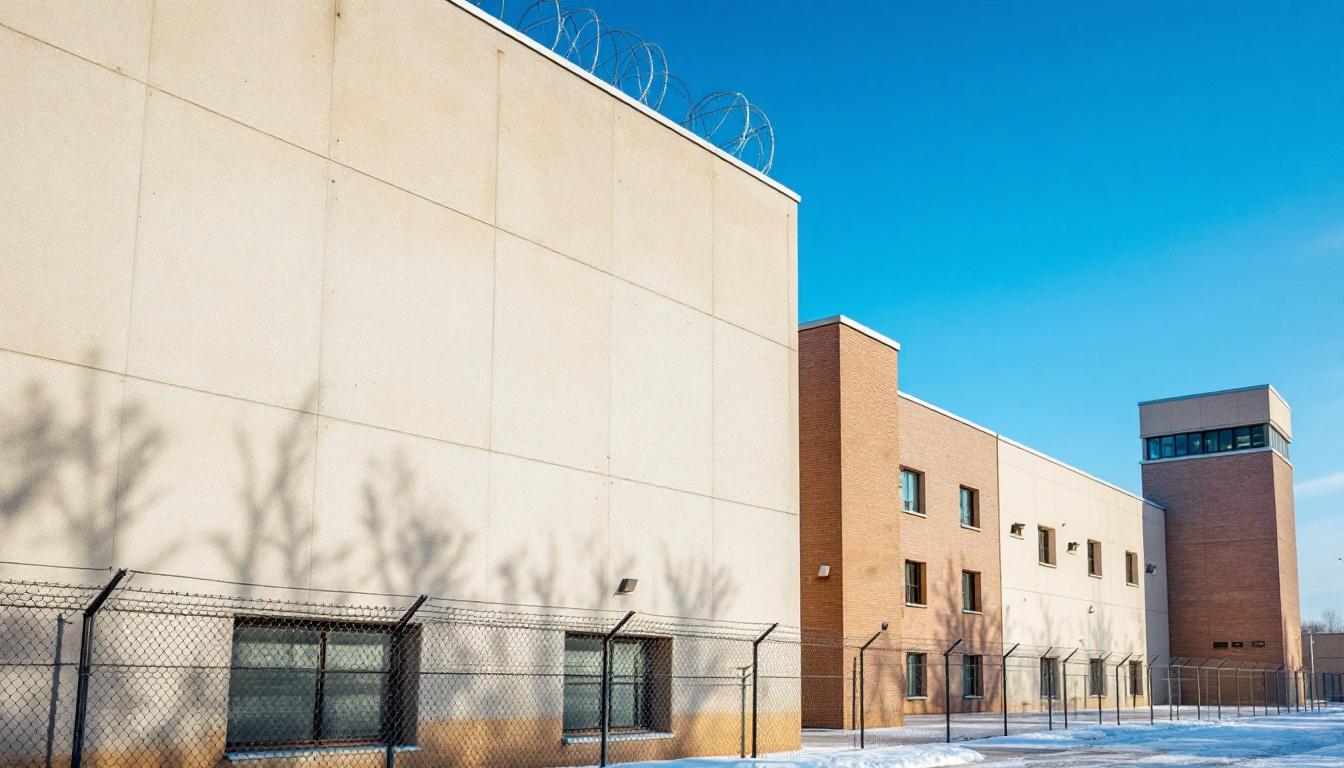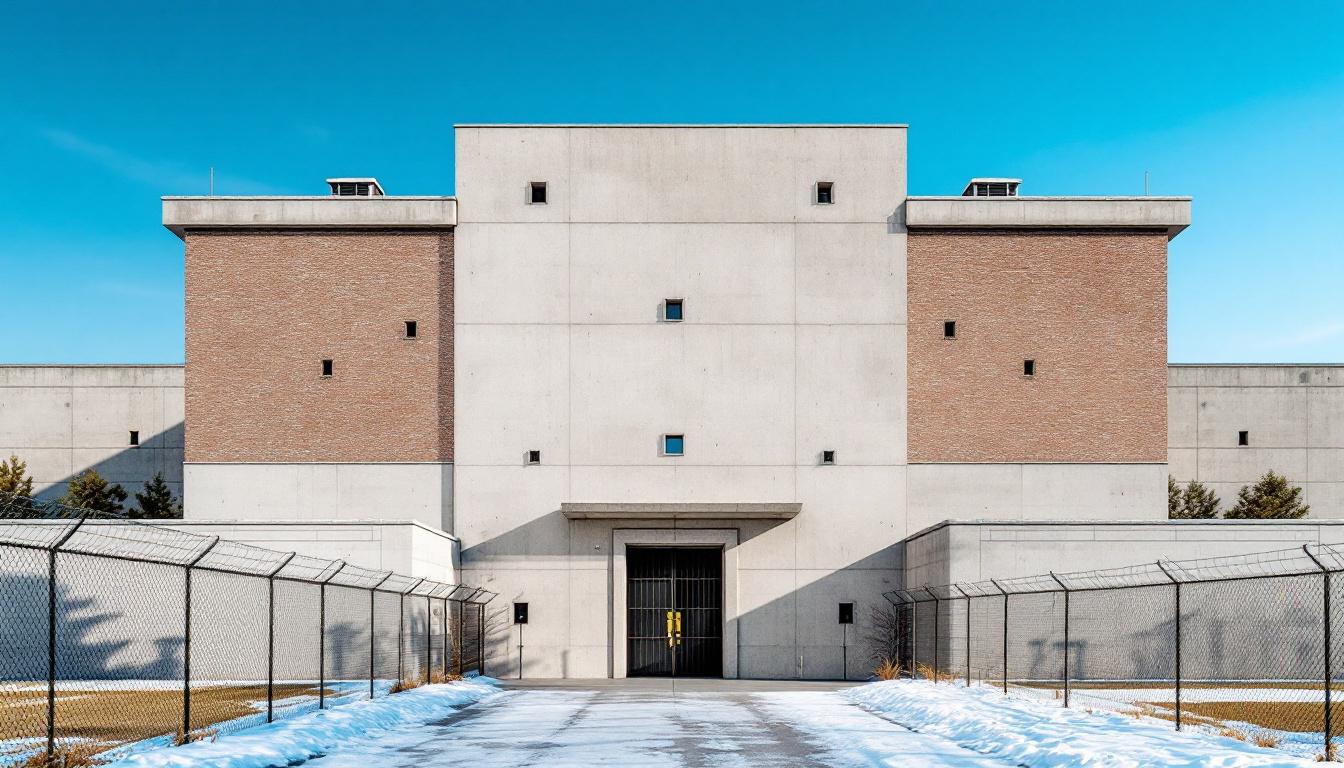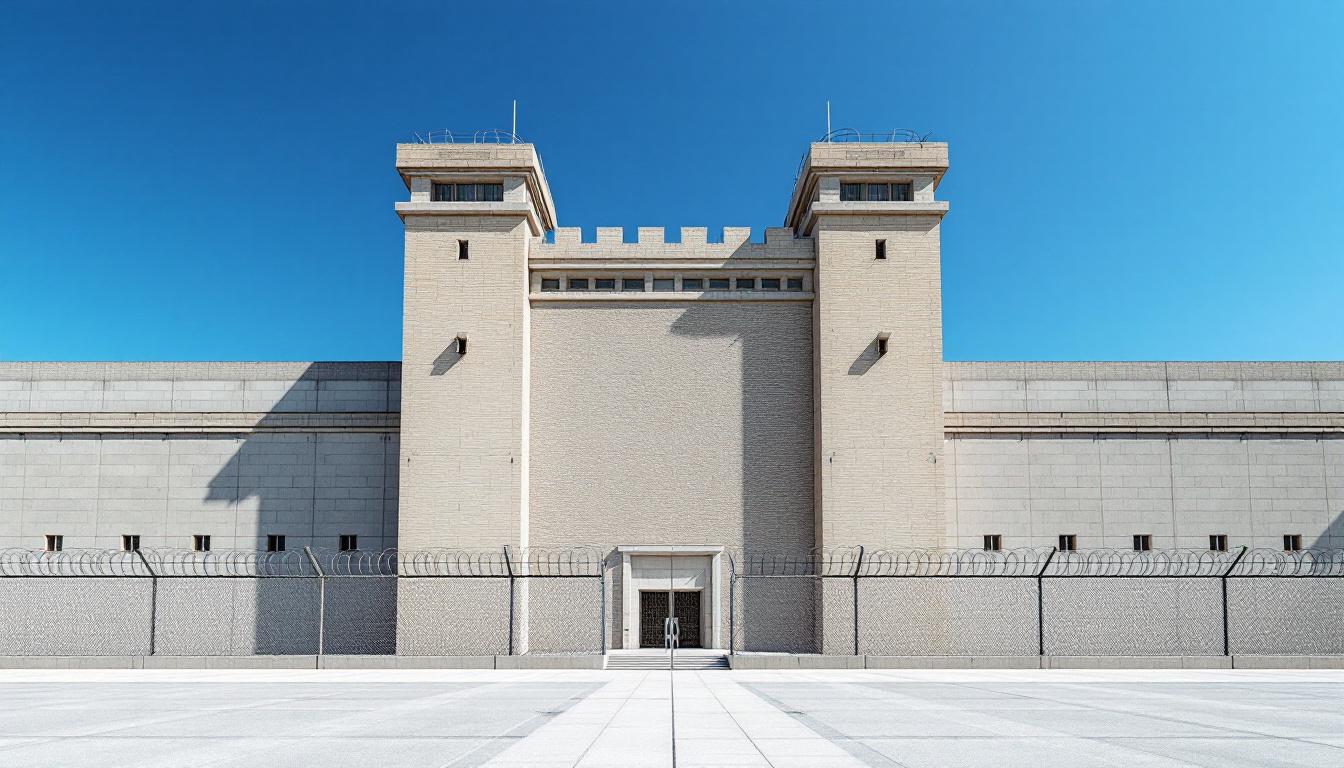
Quick Navigation
How to contact an inmate at Federal Bureau of Prisons
This comprehensive guide will walk you through how to connect with an inmate at Federal Bureau of Prisons. Follow the steps below to find an inmate and send letters and photos:
- Search for the inmate using our search tool below
- Create your account or log in to Penmate
- Write your message (up to 6,000 characters)
- Send instantly - inmates receive printed copies daily
Find an Inmate
Search for an inmate to start communicating today
Tip: You can search by first name, last name, or inmate ID number
To contact a person at Federal Bureau of Prisons start by searching for the person on the official facility website. Perform a search by following these steps:
- Step 1: Enter their first name and last name into the search form and click "Search"
- Step 2: Locate their inmate record
- Step 3: Write down their Inmate ID and any housing information provided
Important! Be sure to enter the person's full name. Nicknames should not be used.
How to Send Messages to Inmates

You can use your phone or computer to send emails, letters, and photos to an inmate. Messages are sent electronically to inmate tablets or kiosks at the facility. If you would like to send a message, start by searching for an inmate at Federal Bureau of Prisons.
Sending Photos and Postcards

A great way to send love and support to a loved one at Federal Bureau of Prisons is to send photos and postcards. It only takes a few minutes to send photos from your phone and it makes a huge difference. You can also mail postcards with words of support and inspiration, or design your own postcard for special moments like birthdays and holidays.
Important! Be sure not to send any explicit photos or they may not be approved by the facility. You can also use a photo printing app like Penmate to make sure your photos are printed at the correct size (4x6 or 3x5) and are mailed according to the rules and regulations of Federal Bureau of Prisons.
Frequently asked questions about Federal Bureau of Prisons
-
How long does it take to deliver a message?
If you're sending an email message your letter is usually delivered within 24-48 hours. For messages sent via mail you should expect delivery within 3-7 days. All messages will need be approved by Federal Bureau of Prisons.
-
How much does it cost to send a message to Federal Bureau of Prisons?
You can send a message free using your phone or mail a message via USPS for the price of a $0.60 stamp and envelope. You can also purchase credits or e-stamps from services starting at $1.99.
-
What services can I use to contact an inmate at Federal Bureau of Prisons?
Penmate
You can use Penmate to send letters and photos to an inmate from your phone. It's an easy way to stay in touch during your loved one's incarceration. Use the inmate locator to find an inmate's location and contact information, then you can send messages within a few minutes.
Securus messaging
Securus may be another option for communicating with an inmate at Federal Bureau of Prisons. You can create a friends and family account and purchase credits to send messages. All messages will be reviewed and must be approved by the facility.
JPay
Some county jails and state prisons may support sending messages with JPay. You must register an account with the system, find your loved one, and purchase stamps to send messages. For some locations you can also attach photos.
Smart Jail Mail
You may also check if Smart Jail Mail is available at Federal Bureau of Prisons. Smart Jail Mail is operated by Smart Communications and has contracted with some state and county jails. After purchasing credits, your messages and photos are sent to the facility, printed out, and then handed out to your loved one.
-
What is the mailing address of Federal Bureau of Prisons?
Mailing address:
Federal Bureau of Prisons
201 FCI Ln
Glenville, WV 26351
Phone: (304) 626-2500Business hours:
- Monday: 8:00 AM – 3:00 PM
- Tuesday: Closed
- Wednesday: Closed
- Thursday: Closed
- Friday: 8:00 AM – 3:00 PM
- Saturday: 8:00 AM – 3:00 PM
- Sunday: 8:00 AM – 3:00 PM
-
What are the visiting hours at Federal Bureau of Prisons?
Visiting hours at Federal Bureau of Prisons vary by housing unit and security level. Generally, visits are scheduled on weekends and holidays, with some facilities offering weekday visits. Contact the facility directly at (304) 626-2500 or check their website for the current visiting schedule. Visits typically last 30-60 minutes and must be scheduled in advance.
-
What items are prohibited when sending mail to Federal Bureau of Prisons?
Prohibited items typically include: cash, personal checks, stamps, stickers, glitter, glue, tape, staples, paperclips, polaroid photos, musical or blank greeting cards, hardcover books, magazines with staples, and any items containing metal or electronics. Only send letters on plain white paper with blue or black ink. Photos must be printed on regular photo paper (no Polaroids). Always check with Federal Bureau of Prisons for their specific mail policies.
-
How do I send money to an inmate at Federal Bureau of Prisons?
You can send money to an inmate at Federal Bureau of Prisons through several methods: 1) Online using JPay, Access Corrections, or the facility's approved vendor, 2) Money orders mailed directly to the facility with the inmate's name and ID number, 3) Kiosks located in the facility lobby, or 4) Over the phone using a credit or debit card. Fees vary by method, typically ranging from $2.95 to $11.95 per transaction.
-
Can I schedule a video visit with an inmate at Federal Bureau of Prisons?
Many facilities now offer video visitation as an alternative to in-person visits. At Federal Bureau of Prisons, video visits may be available through services like Penmate, Securus Video Connect, GTL, or ICSolutions. Video visits typically cost $10-20 for 20-30 minutes and must be scheduled in advance. You'll need a computer or smartphone with a camera and reliable internet connection. Contact the facility for their specific video visitation policies and approved vendors.
-
What identification do I need to visit an inmate at Federal Bureau of Prisons?
All visitors must present valid government-issued photo identification such as a driver's license, state ID, passport, or military ID. Minors must be accompanied by a parent or legal guardian who can provide the minor's birth certificate. Some facilities require visitors to be on the inmate's approved visitation list, which may require a background check. Contact Federal Bureau of Prisons for specific ID requirements and visitor approval procedures.
-
How can I find out an inmate's release date?
To find an inmate's release date at Federal Bureau of Prisons, you can: 1) Use the online inmate search tool if available, 2) Call the facility's records department, 3) Contact the inmate's case manager or counselor, or 4) Have the inmate provide this information during a call or visit. For privacy reasons, some facilities only release this information to immediate family members.
Facility Overview
Official Website
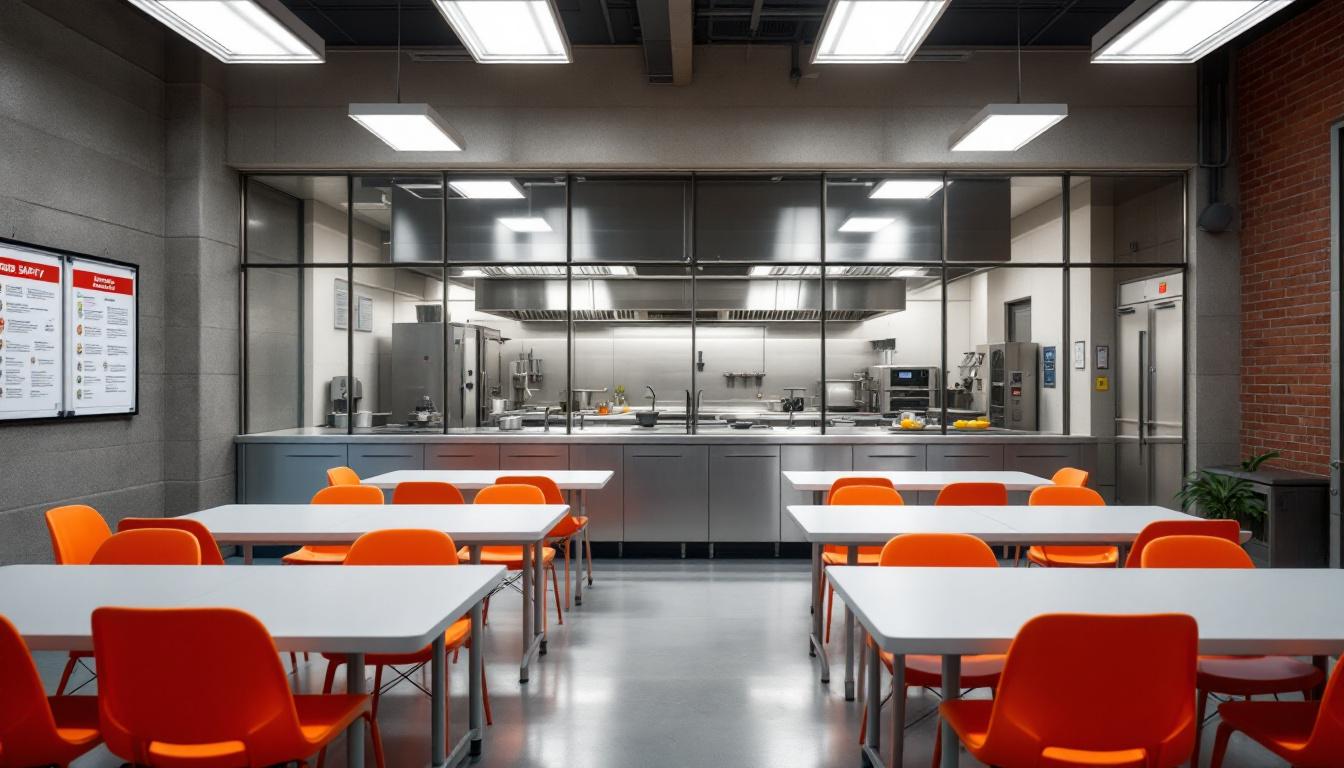
About Federal Bureau of Prisons
**Federal Correctional Institution Gilmer Overview**
Housing approximately 1,540 male inmates across its medium-security main facility and minimum-security camp, FCI Gilmer provides essential correctional services in the Mid-Atlantic Region of the Federal Bureau of Prisons. The institution typically offers comprehensive medical and mental health care at Level 2, ensuring inmates receive appropriate healthcare services during their incarceration. Located at 201 FCI Lane in Glenville, West Virginia, the facility operates under the BOP institution code GIL and serves the Northern District of West Virginia's federal correctional needs.
Situated in central West Virginia, FCI Gilmer is strategically positioned approximately 12 miles west of Burnsville and 85 miles northeast of Charleston, providing accessibility for families and legal representatives from across the region. The facility's dual-structure design includes both the main medium-security institution and an adjacent minimum-security camp that houses around 50 inmates, allowing for appropriate security level placement based on individual classifications. This configuration typically enables the institution to offer varied programming opportunities suited to different custody levels and rehabilitation needs.
The institution maintains standard federal correctional operations, including structured inmate correspondence systems with separate mailing addresses for the main facility (P.O. Box 6000) and the camp (P.O. Box 7000). Family and friends may send financial support through approved channels including Western Union, Money Gram, and the National Lockbox system in Des Moines, Iowa, following federal guidelines that prohibit direct money transfers to inmates.
Programs & Services
Based on the website information provided, I notice there's some confusion in your request - FCI Gilmer is located in Glenville, West Virginia, not South Carolina. I'll write about the services and programs at FCI Gilmer in West Virginia.
Federal Correctional Institution Gilmer operates as a medium-security facility with an adjacent minimum-security camp, providing a range of rehabilitative services designed to prepare individuals for successful reintegration into their communities. As a Level 2 medical and mental health care facility, FCI Gilmer typically offers comprehensive healthcare services alongside educational and vocational programming. The institution may provide adult continuing education opportunities, including GED preparation and post-secondary education options, while vocational training programs often focus on developing marketable job skills in areas such as construction trades, food service, and facility maintenance.
The facility's programming structure likely includes substance abuse treatment services, given the federal system's emphasis on addressing underlying issues that contribute to criminal behavior. Counseling services may encompass individual and group therapy sessions, anger management programs, and life skills development courses. Recreational activities and religious services are typically available to support inmates' physical and spiritual well-being. The adjacent camp component often provides opportunities for inmates nearing release to participate in community-based programs and work details that facilitate their transition back to society. With its location in central West Virginia, the facility may also offer programs that take advantage of the rural setting, potentially including agricultural or outdoor maintenance work assignments that provide valuable job training experience.
Daily Life & Visitation
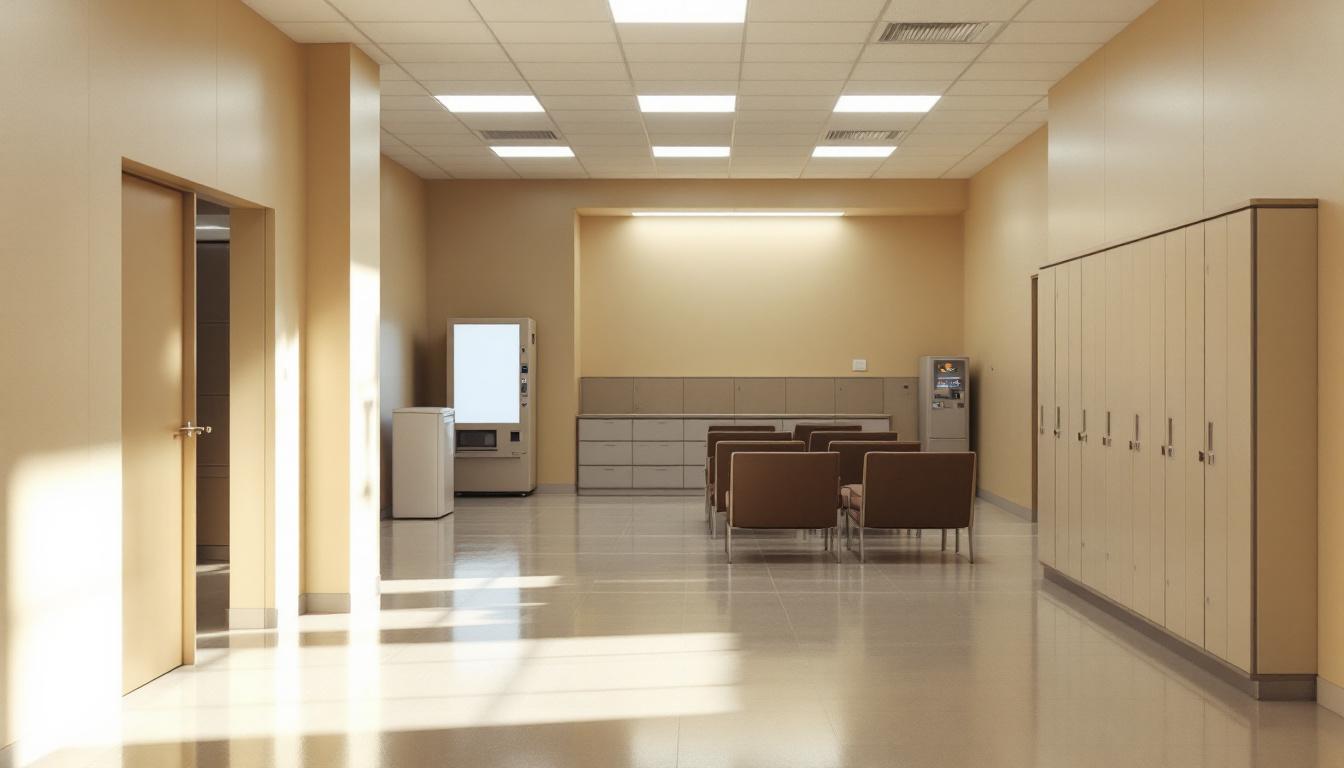
At Federal Correctional Institution Gilmer in Glenville, West Virginia, the approximately 1,540 male inmates at the main medium-security facility and 50 inmates at the adjacent minimum-security camp follow structured daily routines typical of federal correctional institutions. The facility operates under Level 2 medical and mental health care standards, providing inmates with access to essential healthcare services throughout their incarceration. Inmates typically begin their days with early morning counts, followed by work assignments, educational programs, and recreational activities that may include vocational training opportunities designed to support successful reintegration into society.
Family connections remain an important aspect of life at FCI Gilmer, with loved ones able to maintain contact through the facility's correspondence system using the designated P.O. Box addresses for both the main institution and camp. Financial support from family and friends can be arranged through approved services including Western Union, Money Gram, and the National Lockbox system in Des Moines, Iowa, as funds cannot be sent directly to federal inmates. The facility's location in central West Virginia, approximately 85 miles northeast of Charleston, may present travel considerations for families visiting from distant locations.
The structured environment at both the main facility and camp typically includes scheduled meal times, educational programming, work assignments, and recreational periods, all designed to maintain order while providing opportunities for personal development. Inmates often have access to library services, religious programs, and various recreational activities, though specific program availability may vary based on security level and individual circumstances. The distinction between the medium-security main facility and minimum-security camp allows for different levels of programming and privileges, with camp residents generally experiencing more relaxed conditions as they prepare for eventual release.
Ready to Connect?
Start communicating with your loved one today
Search for an Inmate
